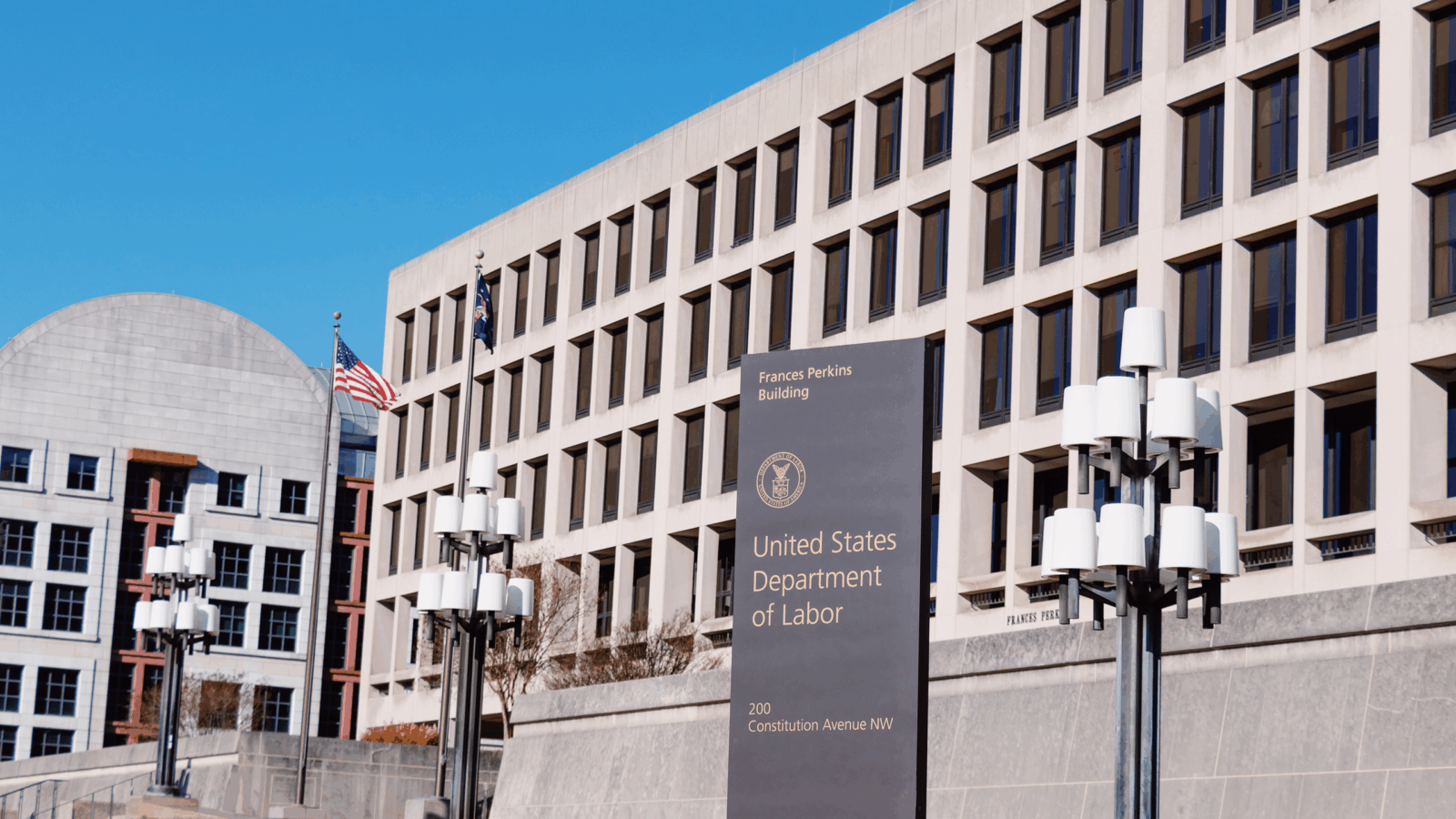
Sign up for smart news, insights, and analysis on the biggest financial stories of the day.
If life were a game of Mario Kart, the video game industry would have just slipped on a few banana peels.
After roaring to a record performance during the pandemic peak, the video game industry — across both hardware and software — is slumping as it grapples with two formidable, Final Boss-level threats: inflation, and the real world.
Grand Theft Au-ttention
“The world is on vacation” Andrew Wilson, CEO of Madden and Battlefield publisher Electronic Arts, said in an earnings call earlier this month — and not the type of road trip vacation featuring hours of Gameboy in the backseat of a minivan. A post-lockdown world means gamers are spending less time with their online pals and more and more time with their real-life friends, and video game companies are feeling the heat. In July, Sony’s Playstation reported a 15% drop in player engagement, and joined fellow Big Three console producers Nintendo (Switch) and Microsoft (Xbox) in posting declining revenues that missed analysts’ expectations in the most recent quarter.
Supply chain restraints continue to hinder their ability to keep store shelves stocked. Meanwhile, with inflation at the highest levels since Donkey Kong and Ms. Pac-Man gobbled quarters in arcade halls, gamers are spending less money on new games and more time with the games they already have:
- “There’s definitely a sense of global constriction happening right now. It’s pretty apparent the U.S. — which is still nearly half of all global game revenue — is already in a recession,” New York University professor and video game historian Laine Nooney told the Washington Post. “Video games have always been discretionary entertainment. With costs for basic goods like gasoline and food rising, there’s less room in the budget for entertainment.”
- NVIDIA, a major chip producer, reported a drop in second-quarter revenue last week headlined by a 44% dropoff in gaming revenue. Meanwhile, Activision Blizzard, a major software producer behind Call of Duty and World of Warcraft currently in the process of being acquired by Microsoft, reported a 15% downturn in adjusted sales.
“If you are feeling the pinch of inflation, specifically with regard to non-discretionary expenditures like fuel and food, you could imagine that if you’re playing a game, you might choose to spend a bit less or spend a bit less frequently,” Strauss Zelnick, CEO of Grand Theft Auto-maker Take-Two Interactive, said in announcing disappointing second-quarter sales forecasts. Sounds like his studio may regret making a game known for its infinite replayability.











